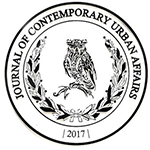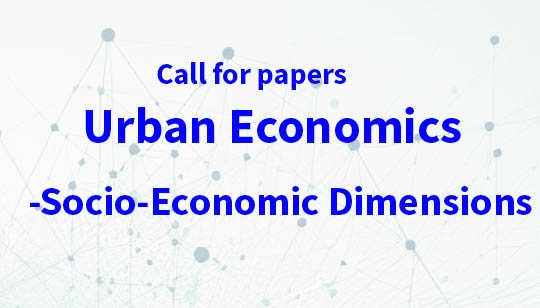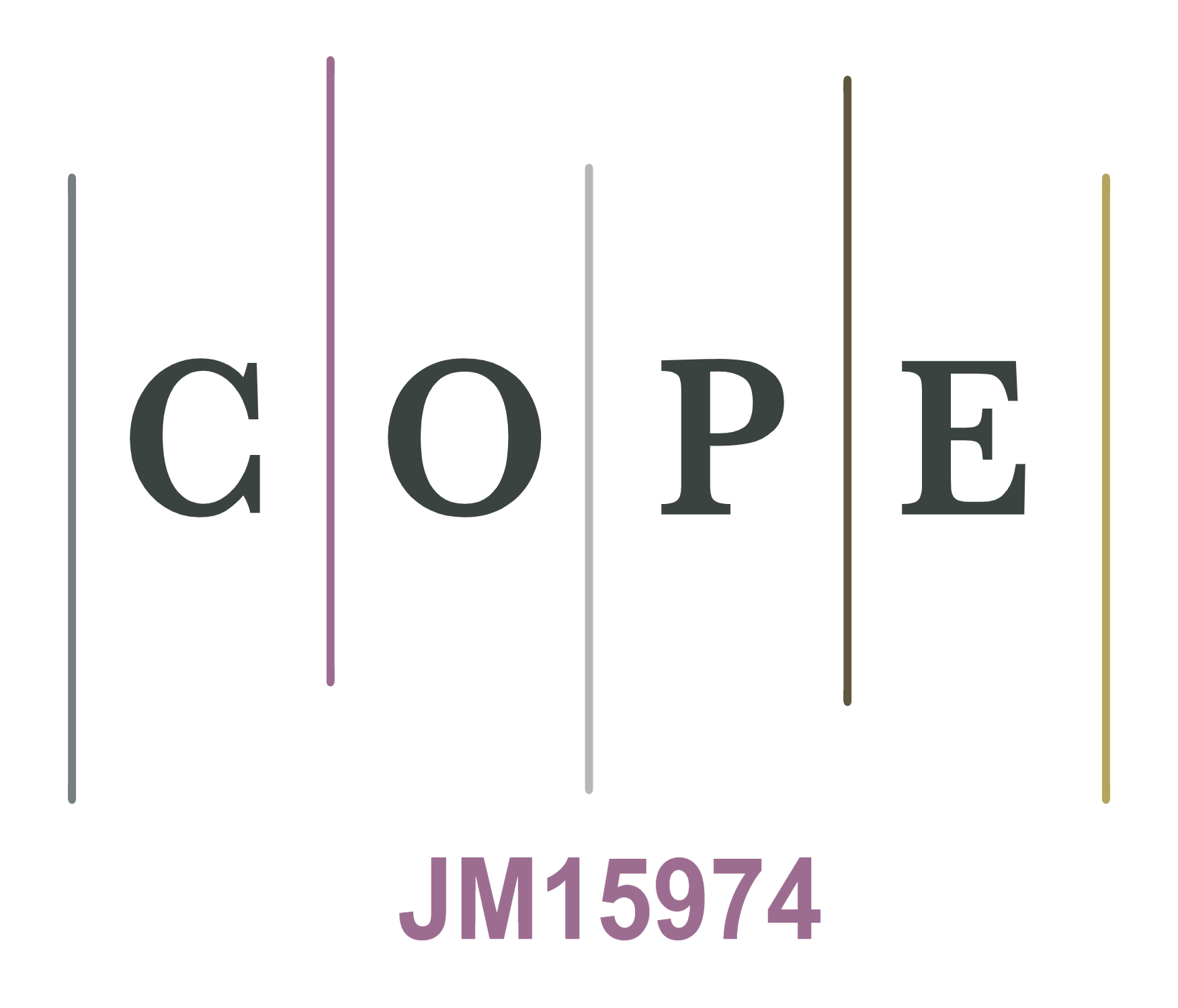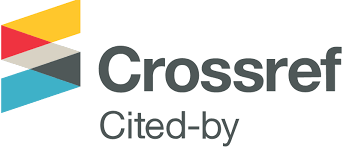Urban Renewal Strategies and Economic Growth in Ondo State, Nigeria: A Case Study
DOI:
https://doi.org/10.25034/ijcua.2018.3662Keywords:
Urban decay, Renewal strategy, economic growth, Urban livingAbstract
One of the negative effects of the high rate and pace of urbanisation in developing countries is the decay of urban centres. While this decay has eaten deep into the fabric of these settlements turning them into urban slums and ghettoes with poor infrastructure, the effects of the decay are multifarious. Despite the fact that the economy is the “life-wire” of urban centres, its untold downturn consequent upon urban decay is unimaginable because of the relationship that exists between environmental quality and economic growth. This calls for a proactive approach called urban renewal towards the creation of successful urban places. This paper, therefore, reviews urban renewal strategies and their implications on economic growth with a particular focus on Ondo State, Nigeria towards identifying the means of enhancing the sustainability of its economic proceeds. The study relied on secondary information sources and discovered that appropriate urban renewal strategies yields corresponding economic growth. The paper asserts that the urban renewal fit achieved in the state during the period 2009 to 2012 can be replicated in other states in Nigeria if similar political willpower is available. The paper recommends the participation of the public combined with appropriate strategies in urban renewal schemes for the best result and argues in conclusion that urban renewal is the only feasible solution to the current dwindling economic sector in Nigeria and other developing economies.
Downloads
References
Adedeji, J. A. and Fadamiro, J. A. (2012). Workplace and Productivity: A Post Occupancy Evaluation of LAUTECH Senate Building, Ogbomoso, Nigeria. Architecture Research, 2(2): 14-19. https://doi.org/10.5923/j.arch.20120202.03
Adedeji, J. A., Fadamiro, J. A. and Adeoye, A. O. (2014). Spatial Implications of Street Trading in Osogbo Traditional City Centre, Nigeria. Architecture Research, 4(1A), 34-44. https://doi.org/10.2139/ssrn.2485278
Ahianba, J.E., Dimuna, K.O. and Okogun, A. (2008). Built Environment Decay and Urban Health in Nigeria, Journal of Human Ecology, 23(3): 259-265. https://doi.org/10.1080/09709274.2008.11906079
Aluko B.T. and Amidu, A.R. (2000) .Urban Low Income Settlements, Land Deregulation and Sustainable Development in Nigeria, 5th Regional Conference Accra, Ghana, March 8 – 11. https://researchspace.auckland.ac.nz/handle/2292/33150
Ashley, R., Blackwood, D. Butler, D. Davies. J., Jowitt, P. and Smith, H. (2004). Sustainable Water Service: A Procedural Guide (SWARD), IWA Publishing, London, UK.
Arenibafo, F. (2016). The Transformation of Aesthetics in Architecture from Traditional to Modern Architecture: A case study of the Yoruba (southwestern) region of Nigeria. Contemporary Urban Affairs (JCUA), 1(1), 35-44. Doi: 10.25034/1761.1(1)35-44. https://doi.org/10.25034/1761.1(1)35-44
Babanyara1, Y. Y., Usman, H. A. and Saleh, U. F. (2010) An Overview of Urban Poverty and Environmental Problems in Nigeria. Journal of Human Ecology, 31(2): 135-143 . https://doi.org/10.1080/09709274.2010.11906304
Balchin, P. N., Kieve, J. L. & Bull, G. H. (1988). Urban Land Economics and Public Policy. Springer. https://www.palgrave.com/us/book/9781349194445
Carmona, M., Heath, T., Oc, T. & Tiesdell, S. (2010). Public spaces. Urban spaces. The Dimension of Urban Design, Second Edition, Italy: Architectural Press, Elsevier. http://eprints.gla.ac.uk/38353/
Fadamiro, J. A. and Adedeji, J. A. (2009). The Scale and Pace of Urbanization in Developing Countries: Case Study of Ibadan City. International Journal of Architecture and Built Environment, Nigeria: Blackwell Educational Books, 1(1): 84-90.
Gbadegesin, J.T., Oladokun, T.T. and Ayorinde, O. (2011) .Urban Renewal as a Tool for Sustainable Urban Development In Nigeria: Issues And Challenges Journal of Sustainable Development and Environmental Protection, 1(1):57-68.
Grebler, L. (1965). Urban Renewal in European Countries: Its Emergence and Potentials, Pennsylvania University Press. https://www.jstor.org/stable/j.ctv4w3vxz
Ministry of Information and Culture. (1979). Federal Official Gazette, Lagos, Nigeria. https://nigerialii.org/ng/other/Nigerian_Export__Promotion_Council_Decree_1998-1.pdf
Newman, P.W.G. (1999). Sustainabiltiy and Cities: Extending the Metabolism Model Landscape Urban Planning, 33, 219 – 226.
Newman, P. (2001) Sustainable Urban Water Systems in Rich and Poor Cities – Steps Toward a New Approach, Water Science and Technology, 43 (4): 93 – 99. https://www.ncbi.nlm.nih.gov/pubmed/11379232
Olusule, R. A. (2010). Environmental Pollution in an Urban Centre; Waste Disposal in Calabar. Third World Planning Review, Liverpool University Press.3 (4). https://doi.org/10.3828/twpr.3.4.d114676vp6112637
Ondo State Government (2012). Urban Renewal Programme 2009-2011.
Tetlow, J. and Goss, A. (1968). Home Towns and Traffic, London: Faper and Faber.
Van der Brugge, R., & De Graaf, R. (2010). Linking Water Policy Innovation and Urban Renewal: The Case of Rotterdam, The Netherlands. Water Policy, 12(3): 381-400. https://doi.org/10.2166/wp.2010.037
Vigdor, J. (2007). Is Urban Decay Bad? Is Urban Revitalisation Bad Too? Social Science
Research Network. Paper No. INS. 12955. US. https://doi.org/10.1016/j.jue.2010.05.003
Wahab, K, L. A. Adedokun, and A. G. Onibokun (1990). Urban Housing Conditions, Urban Housing in Nigeria, A. G. Onibokun (ed.); Ibadan: Nigerian Institute of Social and Economic Research. https://doi.org/10.1016/j.sbspro.2015.12.036
Waque, S.F. and Hirji, S.M. (2005). Urban Renewal Land Assembly. Where Do We “Grow” from Here? International Right of War Association, Chap. 29, 14 October.
Webster, D.R. (2004). Urbanization Dynamics and Policy Frameworks in Developing East Asia, The World Bank, East Asia Infrastructure Department, Washington.
World Bank. Malaria Task Force. (2005). Rolling Back Malaria: The World Bank Global Strategy and Booster Program. World Bank Publications.
World Bank. (1996). Restoring Urban Infrastructure and Services in Nigeria. World Bank, Washington DC, pp: 19-20.
Published
How to Cite
Issue
Section
License
Copyright (c) 2018 Journal of Contemporary Urban Affairs

This work is licensed under a Creative Commons Attribution-NonCommercial-NoDerivatives 4.0 International License.

















